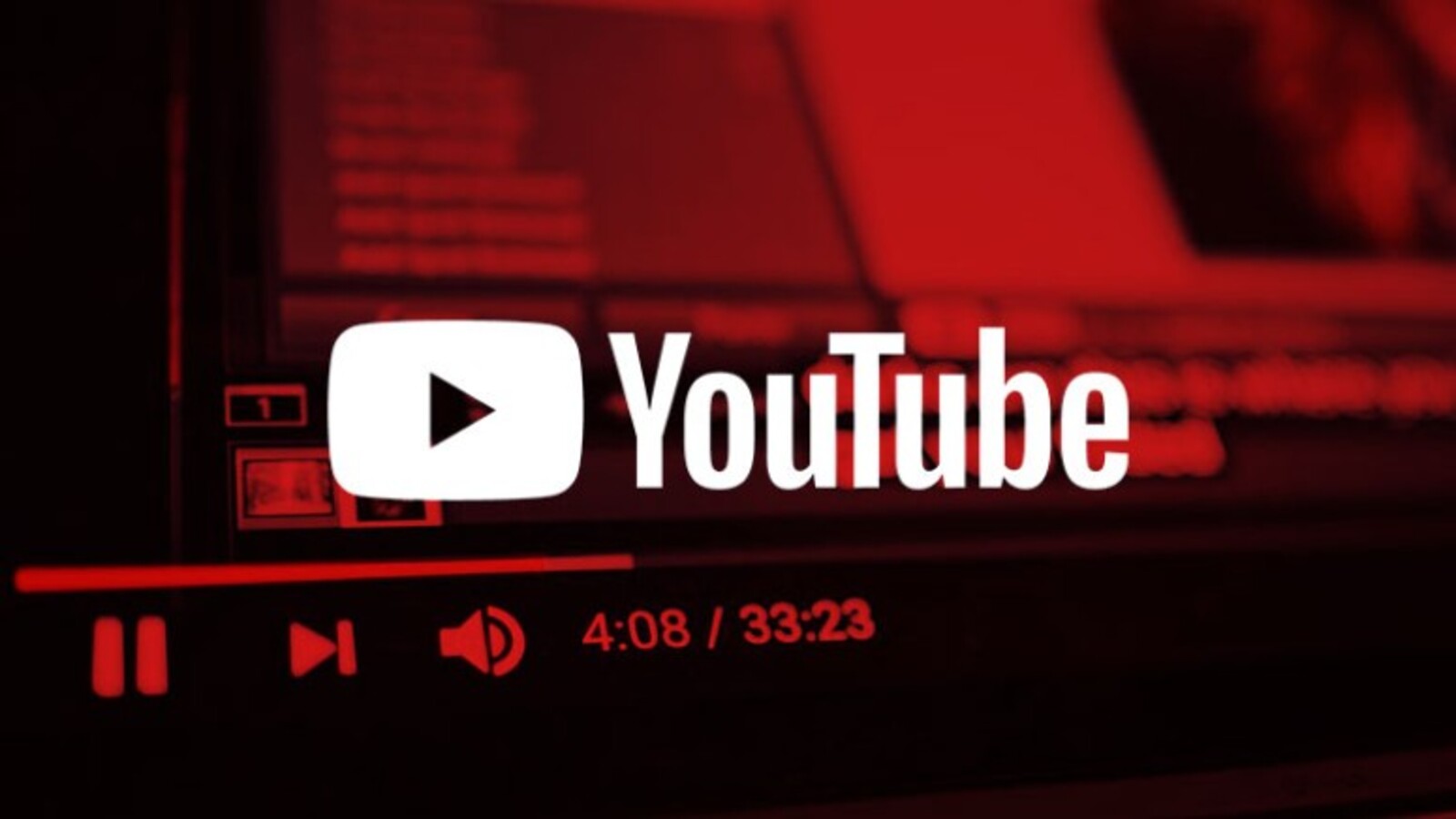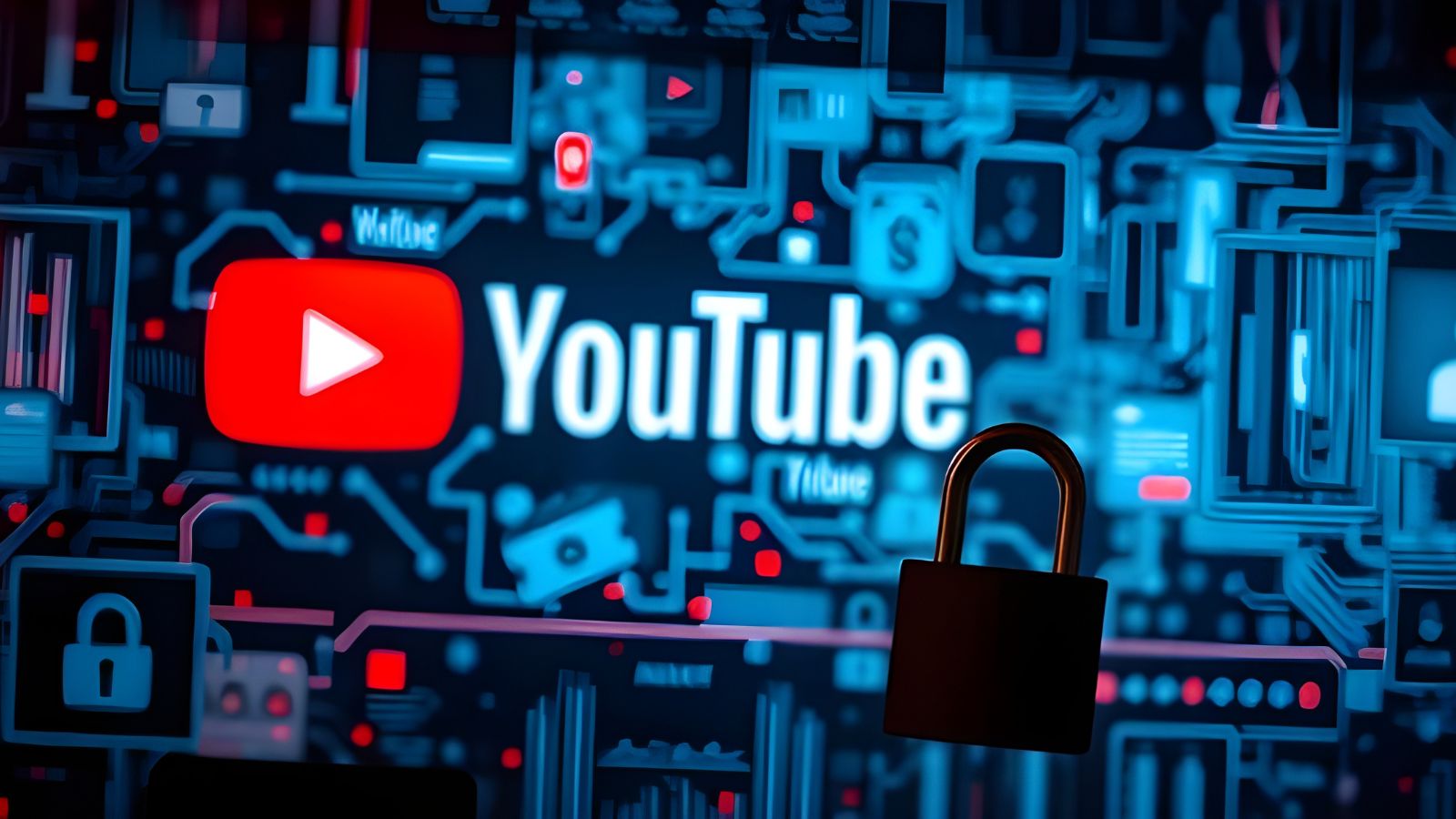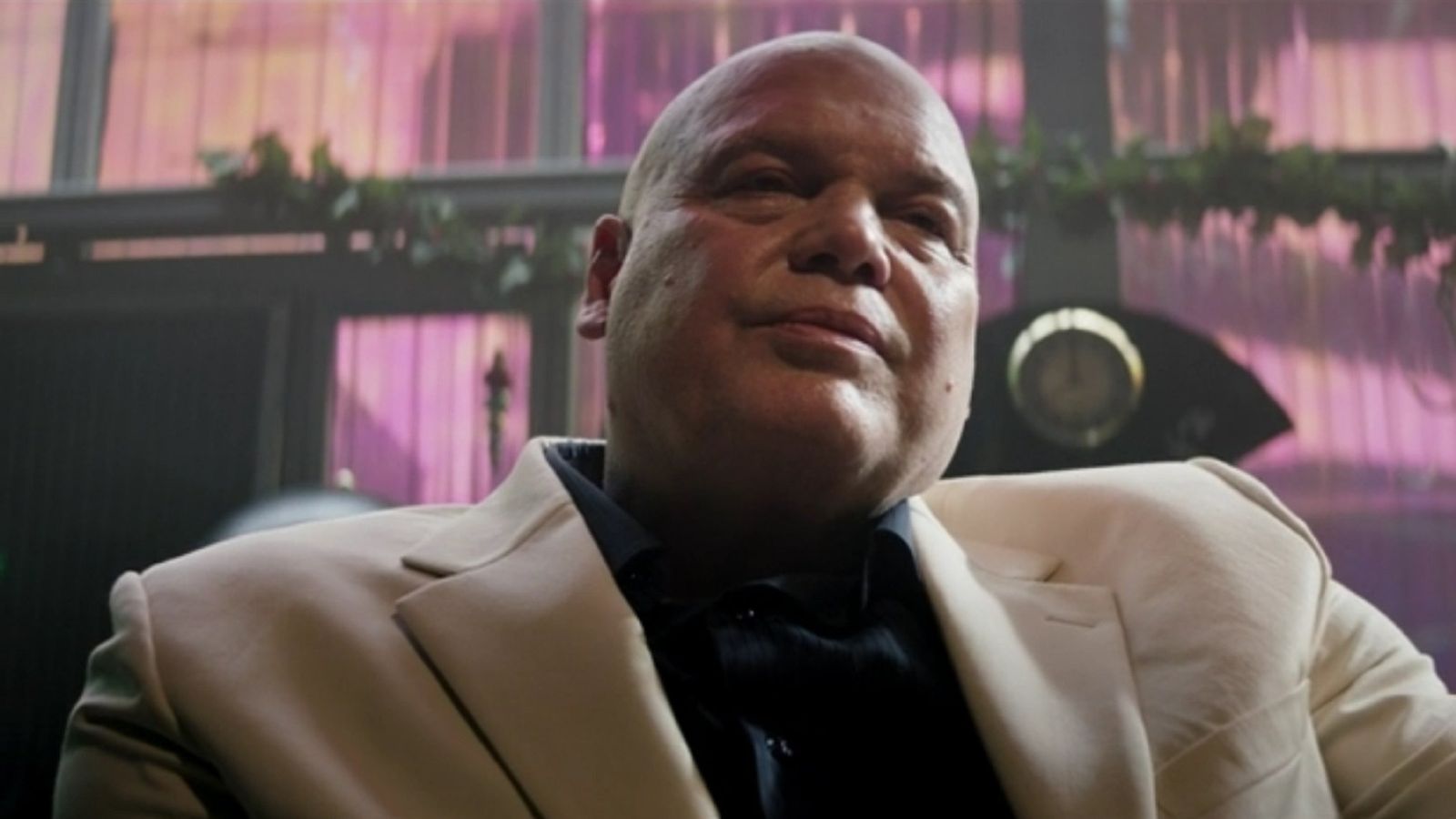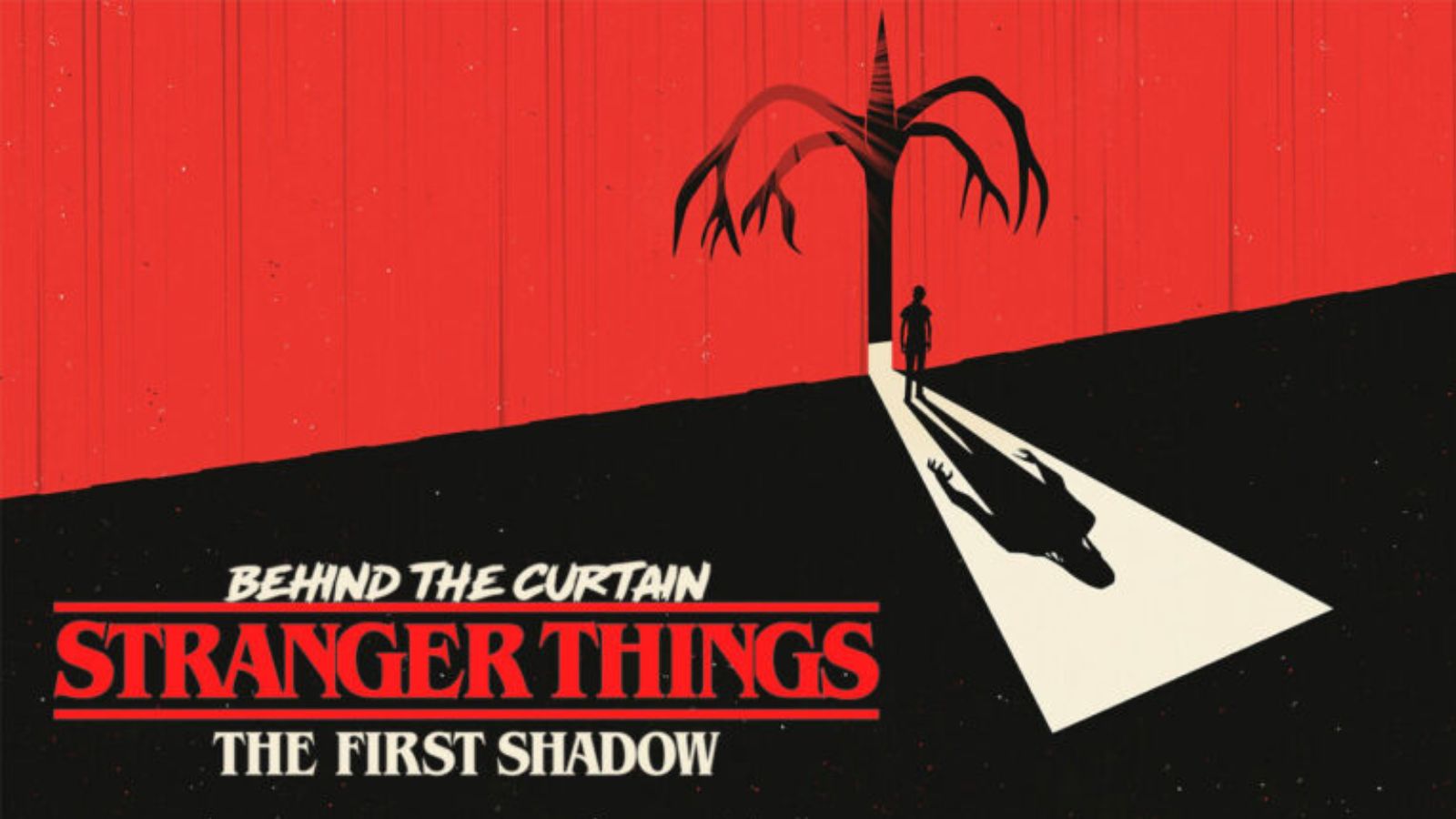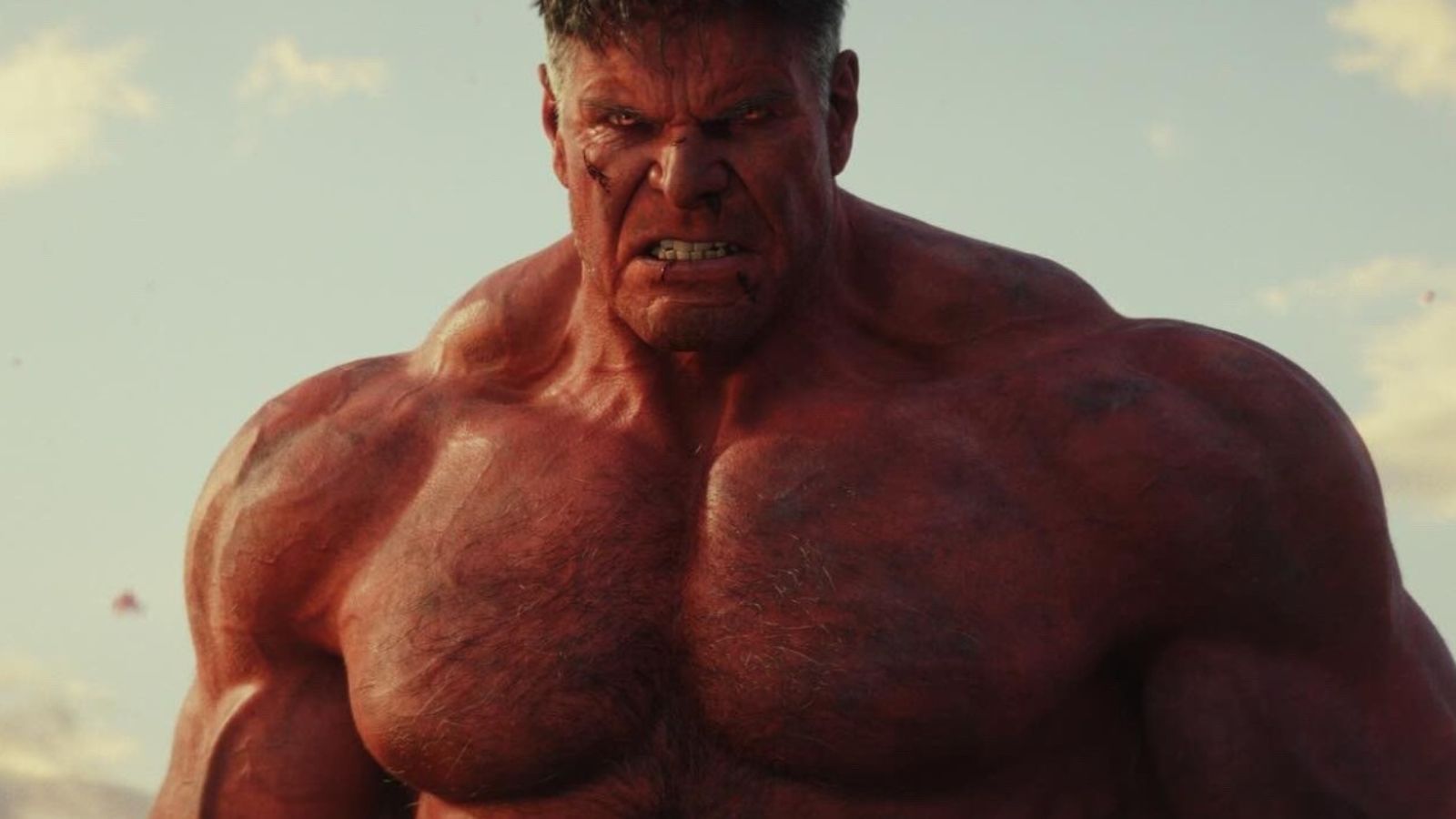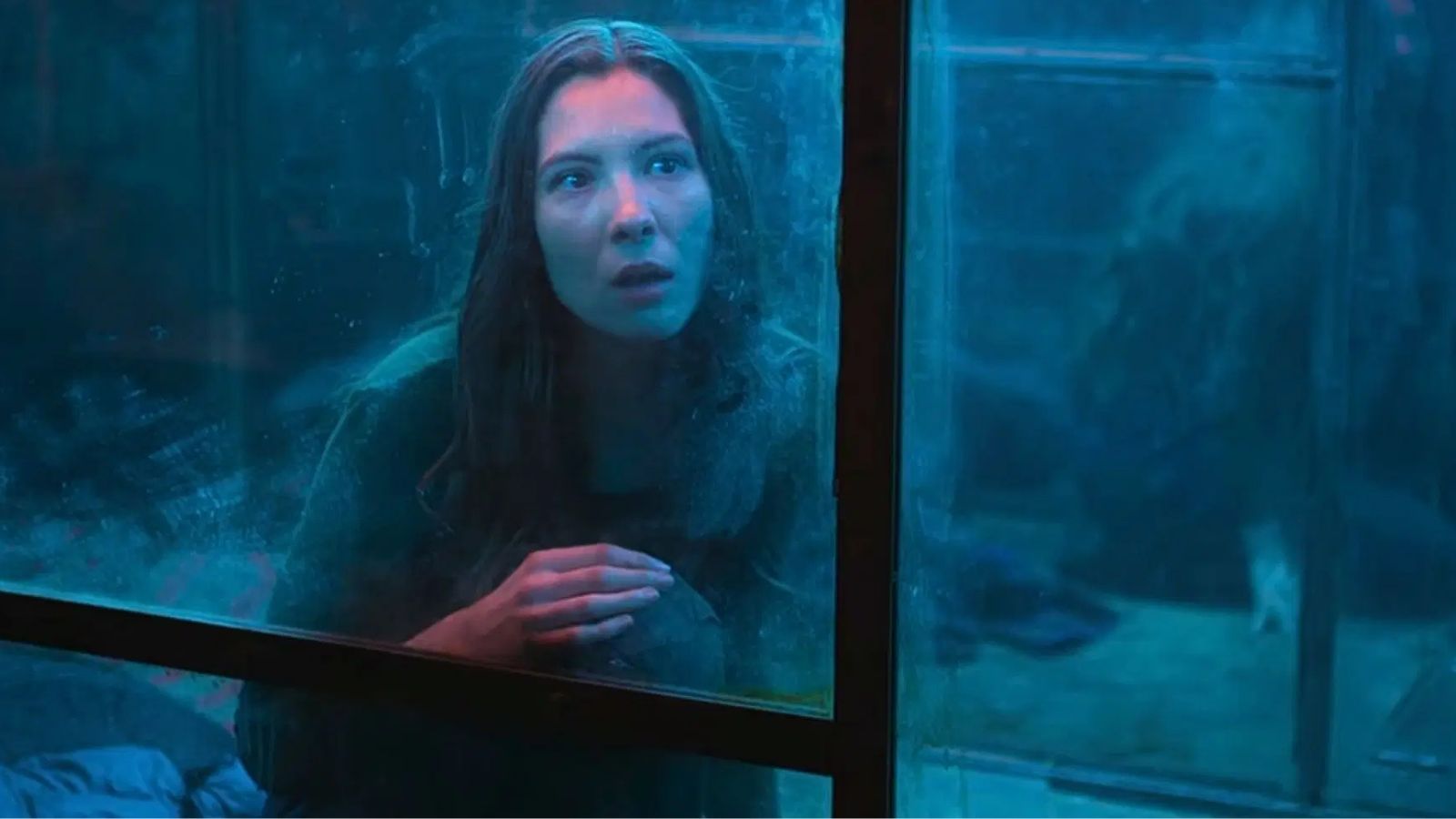
The EU Court of Justice Rules YouTube Isn’t Liable for Pirated User Uploads
- EU’s top court has ruled that online platforms which host user uploads aren’t liable for copyright violations.
- They are still responsible for tackling piracy and taking all measures and precautions to stop it though.
- When a platform receives a DMCA takedown notice, it should remove the infringing content quickly or be burdened with partial liability.
The Court of Justice of the European Union (CJEU) has ruled that websites like YouTube are not directly liable for copyright infringement violations that are the result of their users uploading videos that contain protected material. This is a very important ruling that affects numerous online platforms that host user-contributed content, and especially the larger ones that have insurmountable practical problems in scrutinizing everything.
The case was brought to the EU’s top court after German courts hit a wall due to legal complexities and valid statements from both sides. The initial motion was submitted in court by music producer Frank Peterson, who felt that YouTube and Google were not protecting his work adequately. Publisher of scientific works Elsevier filed a similar complaint against file-hosting platform ‘Uploaded,’ accusing it of not doing enough to stop users from uploading pirated books on it.
After considering everything (statement from plaintiffs and defendants), the CJEU has reached the following judgment:
In summary, the court says that YouTube, Uploaded, and any other user-content-hosting platform are not liable for copyright infringement resulting from user uploads and cannot be legally targeted for it. However, if these platforms receive a DMCA takedown alert and fail to take quick action to remove the infringing content, they may hold liability.
The court has also underlined the need to have mechanisms in place to stop the same infringements from happening again in the future, like blocking specific uploads by “fingerprinting” them or banning users who have engaged in repeated violations. The court considers YouTube’s existing mechanisms like the ‘Content Verification Program,’ ‘Content ID,’ ‘Video and Audio ID,’ account flagging, and eventual blocks adequate on that part.
Finally, YouTube’s search results cannot be possibly considered facilitation to piracy if they promote copyright-infringing material or help users find illegal videos that haven’t been reported by rightsholders. According to the ruling, these results are curated based on what these users viewed previously, the rankings, the content categories, etc. So, even when recommended by the platform itself, it is considered merely the result of the system, not facilitation to illegal sharing of protected content.

